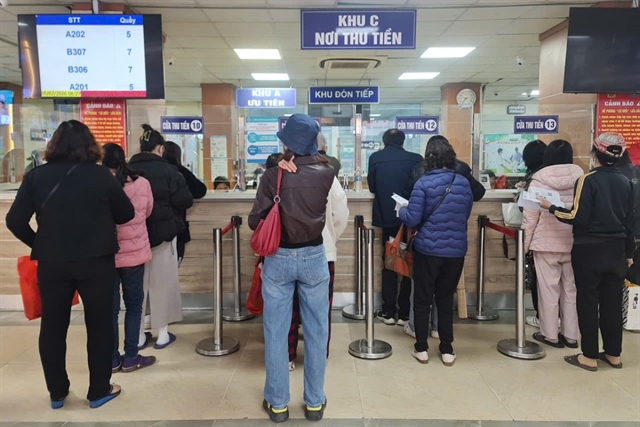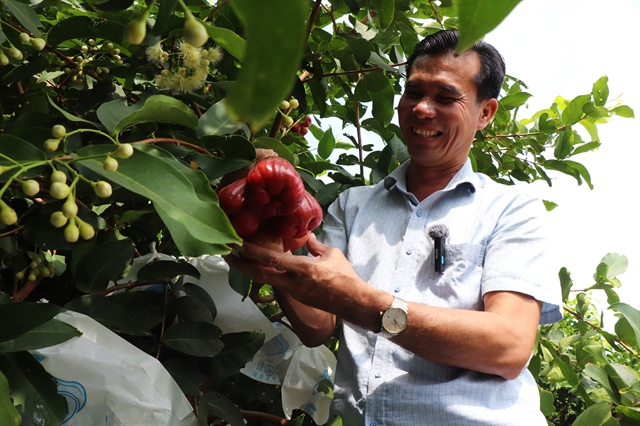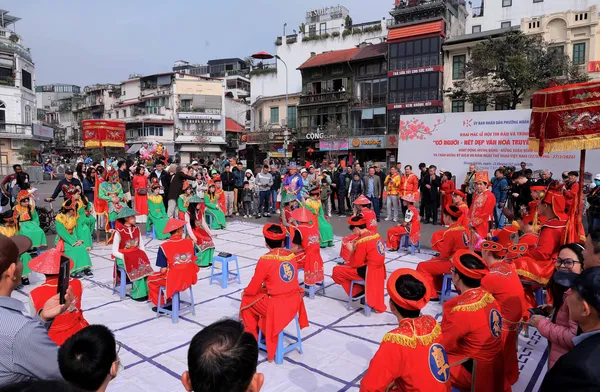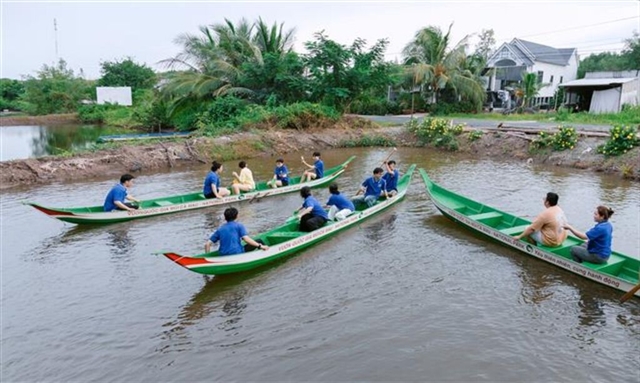 Society
Society

Foreign workers in Việt Nam have helped bring the competitiveness and capacity of the Vietnamese workforce in line with international standards, but the compliance of employers with laws regarding their hiring remains a problem.

|
| Employers of foreign workers have mostly followed laws, but many contractors and businesses are not really committed to observing policies on recruitment, work permits or visas. — Photo vneconomy.vn |
HÀ NỘI — Foreign workers in Việt Nam have helped bring the competitiveness and capacity of the Vietnamese workforce in line with international standards, but the compliance of employers with laws regarding their hiring remains a problem.
According to a report from the Ministry of Labour, Invalids and Social Affairs, on paper, the number of foreign workers active in Việt Nam in 2018 was 88,845 – a significant jump from the 2017 figure of around 72,000 – with the rate of expatriates working in managerial and director posts on the rise while the rate of technical labourers is declining.
Employers of foreign workers have mostly followed laws, but many contractors and businesses are not really committed to observing policies on recruitment, work permits or visas, the ministry said.
At a meeting held on Thursday to review the implementation of laws regarding the management of foreigners in Việt Nam, Vũ Việt Anh, Director of the Consular Department of the Ministry of Foreign Affairs, said the ministry and local authorities have recently dealt with a number of issues concerning foreign workers in Việt Nam, including skirmishes between foreign workers and their Vietnamese colleagues and traffic incidents involving foreign workers who were driving without proper licences.
According to the ministry’s representatives, many contractors have taken advantage of a loophole in the Vietnamese law which waives necessary work permits for foreigners if their work will last less than three months to illegally employ Chinese workers. When the three-month period nears the end, the employers would bring the workers to the nearest border gate to do re-entry procedures so they could continue to work in Việt Nam without ever having to register for work permits.
Việt Anh also cited cases in which foreign investors pledged only a tiny amount of investment. Since the investment law and enterprise law do not require a minimum investment level, these investors could still enjoy work permit waivers and long-term temporary residence cards for foreign employees.
Việt Anh said relevant agencies should review all legal documents on the management of foreigners to eliminate loopholes that could be easily exploited.
At the meeting, Chairman of the Party Commission for External Relations Hoàng Bình Quân said Việt Nam was among the countries with the largest room for investment and commerce in all of ASEAN. Therefore, all mechanisms and policy systems related to external affairs and trade must be “open and easy.”
Quân proposed a revision to the current law which requires tourists from other countries to apply for a visa if they intend to stay in Việt Nam for more than 15 days.
“Recently, as tourism activities are growing, foreign tourists might spend up to a month or even longer in the country and not just a short vacation lasting a few days," Quân said. "So I think our current exit and entry laws have not caught up with the world’s general trends.”
Quân said modifying the existing law to allow longer stays for foreign visitors would boost tourism and the country's economic development.
At the meeting, the public security ministry said that over three years – from January 1, 2015 to December 31, 2018 – 21.6 million foreigners were screened and allowed entry into Việt Nam.
From February 1, 2017 to December 31, 2018 the immigration department issued nearly 423,000 e-visas to foreigners, with the number of e-visas granted in 2018 equal to 186 per cent of the number in the previous year. — VNS




